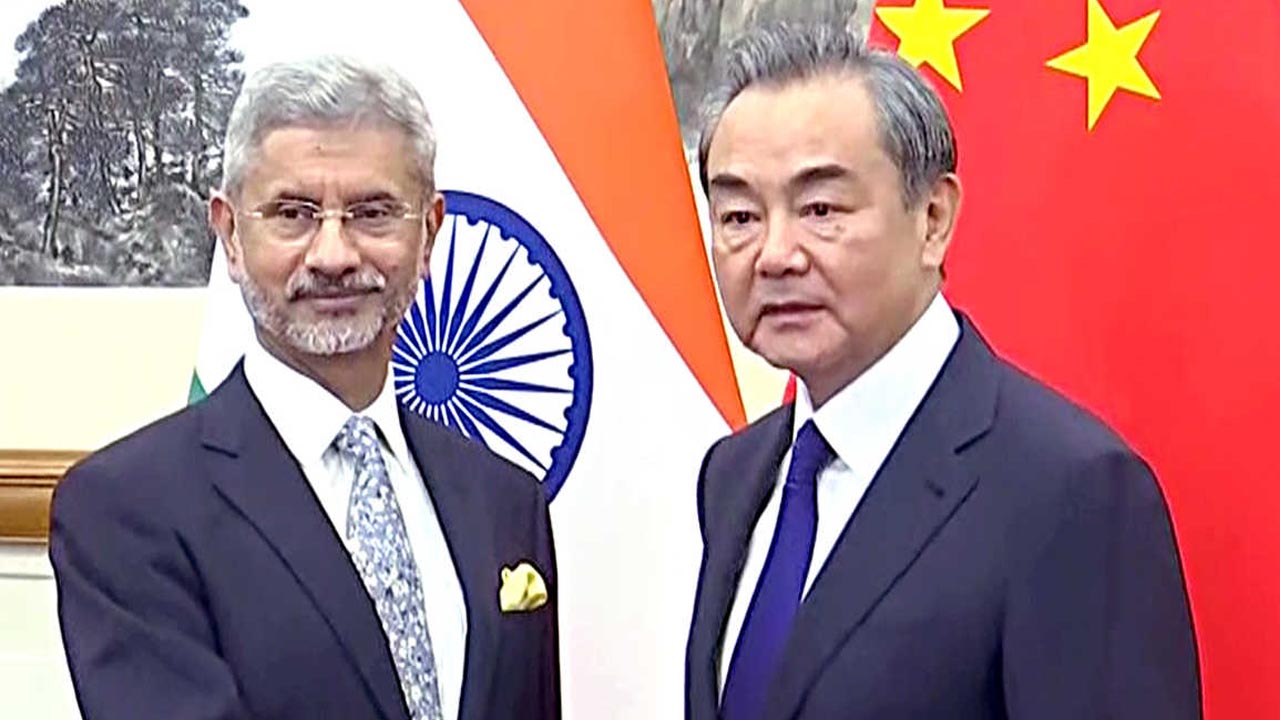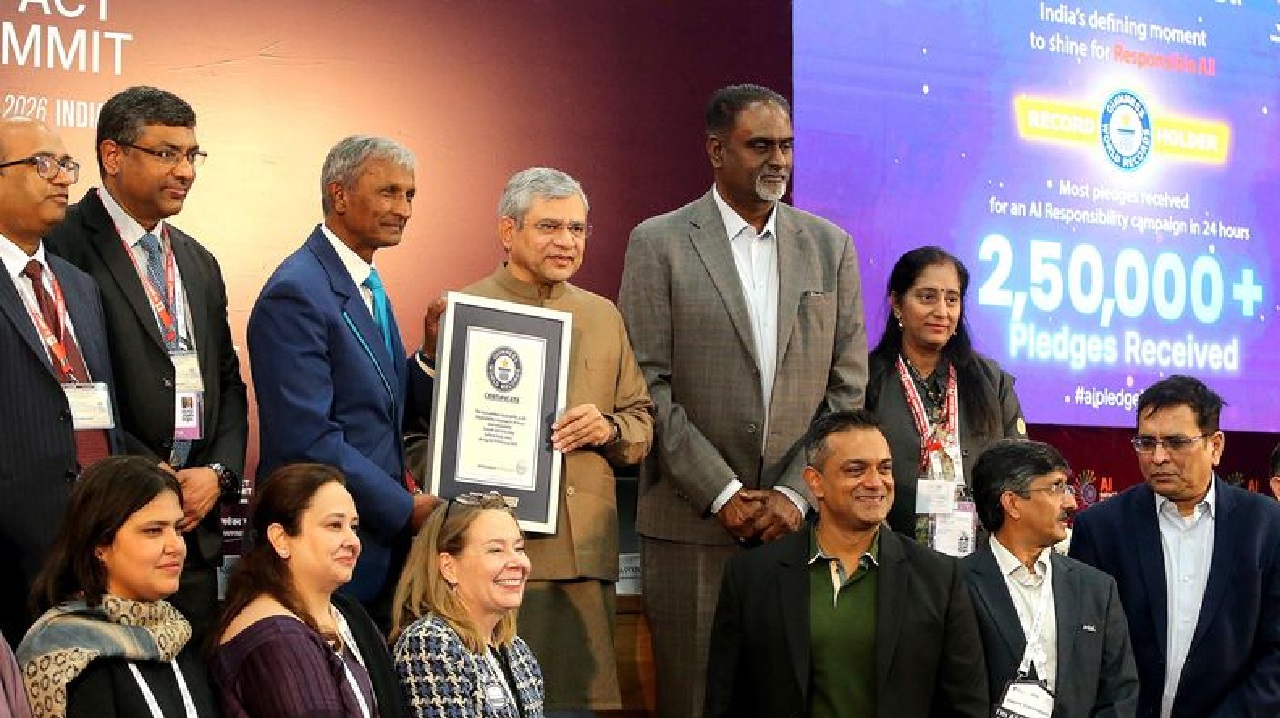External Affairs Minister S. Jaishankar met with his Chinese counterpart, Wang Yi, in Astana during the Shanghai Cooperation Organisation (SCO) Summit to discuss critical border issues. The discussion focused on resolving the remaining disputes in the border areas between India and China, with both nations agreeing to expedite their efforts through diplomatic and military channels.
The Pillars of Bilateral Relations
Following the meeting, Jaishankar took to social media platform X to outline the guiding principles for India-China relations. He emphasized three key mutuals: mutual respect, mutual sensitivity, and mutual interest. These principles, he stated, are essential for ensuring peace and stability along the Line of Actual Control (LAC) and will shape the bilateral ties between the two nations.
“Respecting the LAC and maintaining peace and tranquillity in the border areas is crucial. The three mutuals – mutual respect, mutual sensitivity, and mutual interest – will guide our bilateral ties,” Jaishankar shared.
Historical Context and Current Efforts
India and China have been engaged in ongoing negotiations to resolve the prolonged border issues in eastern Ladakh. The border tensions escalated in 2020 following a clash in the Galwan Valley, and another incident occurred in Arunachal Pradesh’s Tawang sector in 2022. These confrontations have strained the relationship between the two countries, with India accusing China of attempting to unilaterally alter the status quo along the LAC.
In recent months, both nations have agreed to intensify their efforts to achieve complete disengagement and restore peace in the border regions. During their meeting, Jaishankar and Wang Yi reiterated the need for a swift resolution of the remaining issues, highlighting that prolonged border tensions are detrimental to both sides.
Commitment to Existing Agreements
Jaishankar reaffirmed the importance of adhering to existing bilateral agreements and protocols, stressing that respect for the LAC and maintaining peace in the border areas are non-negotiable. He emphasized that normalizing relations between India and China hinges on achieving stability and disengagement in these contested regions.
Future Steps and Continued Dialogue
The meeting also highlighted the need for continued dialogue and coordination. Both ministers agreed to accelerate meetings between diplomatic and military officials to further their discussions and resolve outstanding issues. They stressed the importance of the Working Mechanism on Consultation and Coordination on India-China Border Affairs (WMCC) holding an early meeting to facilitate these efforts.
Jaishankar reiterated that the India-China relationship is best served by adhering to the principles of mutual respect, mutual sensitivity, and mutual interest. These guiding principles are seen as vital for overcoming current challenges and fostering a constructive bilateral relationship.
Diplomatic Engagements at the SCO Summit
In addition to his meeting with Wang Yi, Jaishankar also engaged with other global leaders at the SCO Summit. He met with UN Secretary-General Antonio Guterres, as well as his counterparts from Belarus, Tajikistan, and Uzbekistan, discussing various global issues and their broader implications.
Jaishankar’s discussions and reaffirmation of the ‘three mutuals’ underscore India’s commitment to fostering a stable and mutually beneficial relationship with China, while also addressing the pressing challenges posed by the ongoing border tensions.
(With inputs from agencies)








